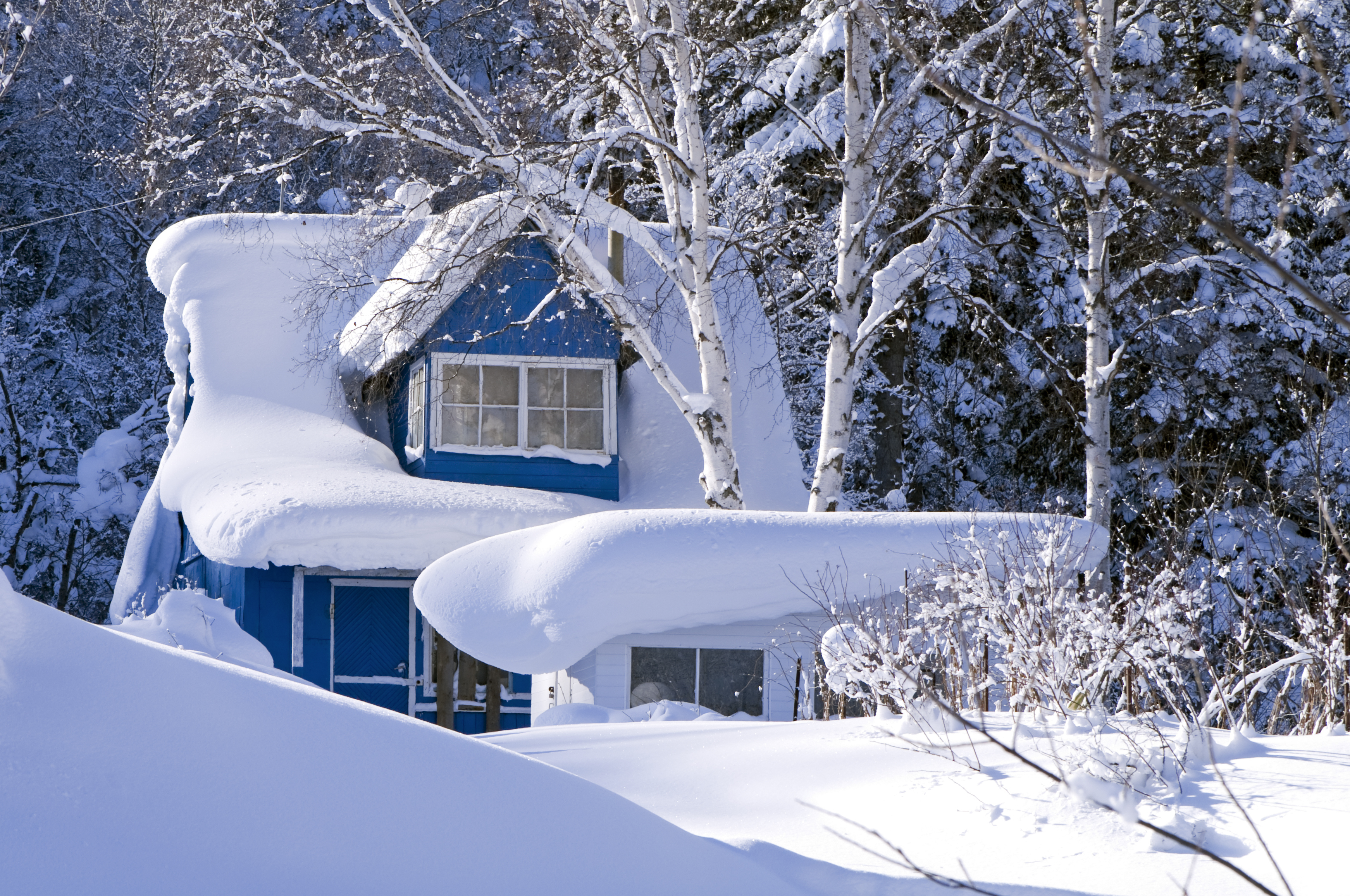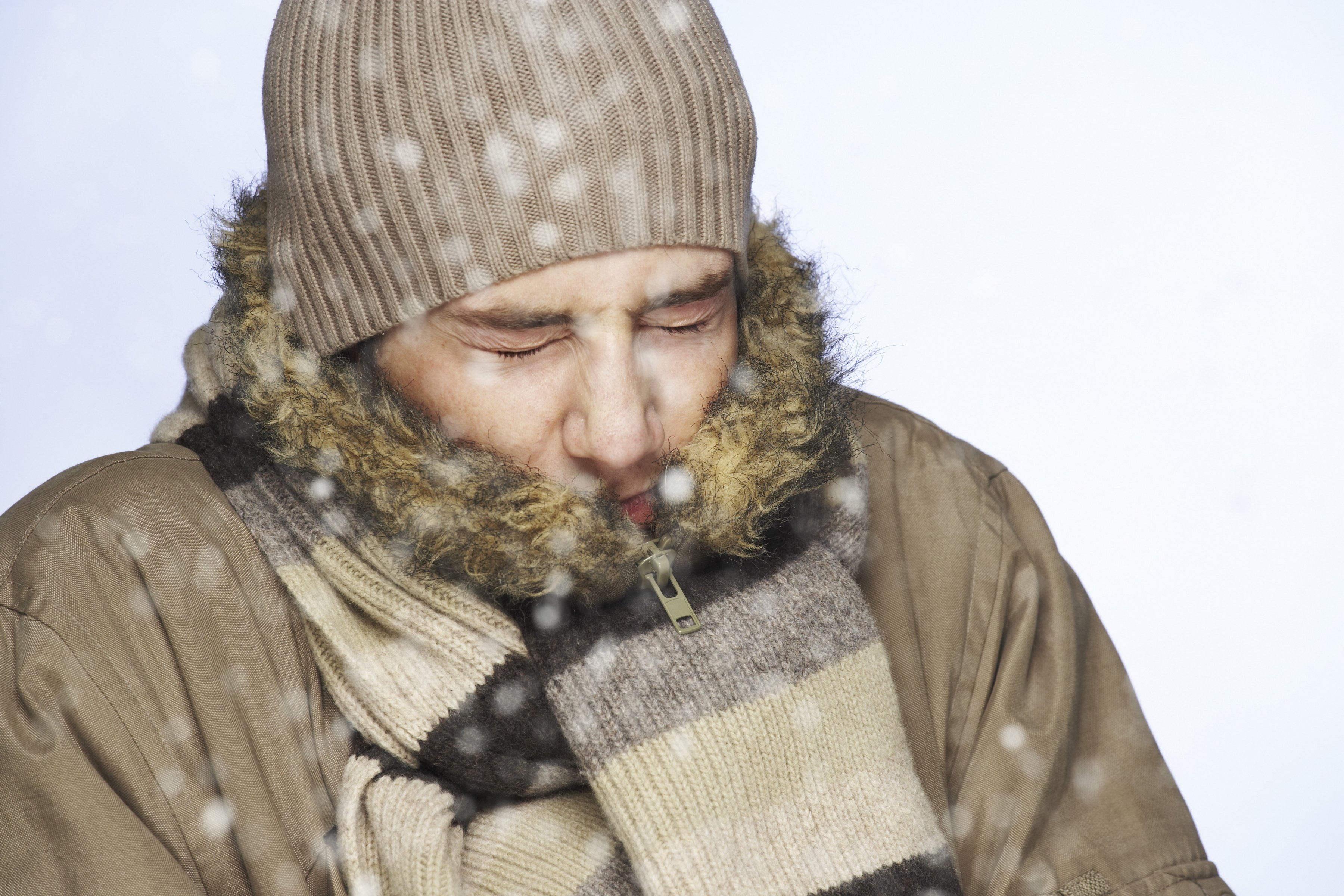 Unless you live in a tropical locale, there is no avoiding the fact that it is winter—complete with icy roads, frozen pipes, and the requirement that you wear mittens and earmuffs just to make it to your car without freezing.
Unless you live in a tropical locale, there is no avoiding the fact that it is winter—complete with icy roads, frozen pipes, and the requirement that you wear mittens and earmuffs just to make it to your car without freezing.
With that said, the time is now to start paying close attention to your rental properties. After all, cold, wind, snow, and ice often show no mercy and have the potential to cause a lot of damage to your property.
How should you prepare your rental for the winter ahead?
10 Things Landlords Can Do Today to Prepare for the Coldest Months of the Year
 1. Prune Your Yard
1. Prune Your Yard
Snow and ice have a tendency to weigh down trees and large shrubs causing them to break quite easily. If you value the landscaping you have worked so hard to maintain throughout the rest of the year, scan the perimeter of your property and trim any hedges, shrubs, or branches that may be vulnerable to the upcoming snowstorms.
2. Seal the Cracks
Snow and ice can easily pool in your property’s walkways or driveways as it thaws from the “warmer” afternoon sun. Then, when temperatures drops again in the middle of the night, this water will freeze and expand, causing even more damage to the already-existing cracks. This eyesore will need fixing at one point or another to maintain your property’s appeal, so handling it when it is minor is the best option.
In addition, this excess frozen water will make your tenants more susceptible to slip and fall, which is a safety hazard that you could potentially be liable for.
3. Winterize the Sprinkler System
In addition to pruning your yard, it is important that you winterize your property’s sprinkler system to prevent water build-up in the pipes that leads to freezing and possible bursting. If you are not sure how to do this, enlisting the help of a professional will be minor in terms of cost as opposed to re-doing your entire sprinkler system come springtime.
4. Wrap the Outside Pipes
While you are winterizing your sprinkler system, it is recommended that you or your tenants wrap any non-insulated pipes that may be vulnerable to the cold. Frozen pipes easily burst and can create a major water damage crisis. In addition, detach any garden hoses from their spigots and drain them of excess water to prevent them from freezing.
5. Care for the A/C and Heating Systems
Living in an area with lots of snow that can potentially cover an outdoor A/C system is dangerous to your pocketbook. Safeguard your A/C unit by clearing away any debris and properly covering it. This way, when the warmer months come, you can kickstart the unit easily.
Additionally, prepping your property’s heating system before the dead of winter is a good idea. You definitely don’t want your tenants to go without heat in the middle of the winter because of a faulty heating system. These types of maintenance calls increase significantly during the winter, so getting a professional to service the system quickly may be difficult.
Something you can encourage your tenants to help with is to replace any required system filters and ensure all vents open and close properly.
6. Clear out the Ducts
It is suggested that all property owners have their rental property’s ductwork cleared out every few years. Since debris can build up over time and strain both the heating and A/C systems, you will want to vacuum that mess out so air can flow smoothly throughout the property.
7. Inspect the Chimney
If your property has a chimney, it is likely that it hasn’t been used since last winter. Have a professional inspect and clean your property’s chimney before your tenants use it for the first time. Not only is a dirty chimney unsightly, it quickly becomes a health and safety hazard if not cared for properly. Make sure there is no debris build-up within the chimney and ensure everything is in working order before allowing tenants to light a fire.
8. Conduct a Window and Door Inspection
In order for your rental property to stay warm for your tenants, you must check to see that heat is staying within the home and not seeping through any loose caulking, torn weather stripping, or gaps in both windows and doors. Not only will this keep your tenants warmer throughout the cold and snowy months, it will save them on their heating bill.
9. Plan for Snow Removal
Property owners have their own way of dealing with snow removal. Some do it themselves, some employ a professional snow removal service, and some may even require that their tenants take care to remove snow as needed. Whatever the case may be for you, have a plan in place before the first big snow. This way everyone is aware of their individual responsibilities when it comes time to remove snow.
10. Check Safety Alarms
One thing many property owners fail to do, or fail to have their tenants do, is regularly inspect fire and carbon monoxide alarms. Although it should be outlined in the lease agreement that your tenant is responsible for maintaining working alarm systems, it is not a bad idea to remind them during the winter months to check on them for added security.
This is especially important when it comes to carbon monoxide poisoning. It is not unusual for tenants to keep all windows and doors shut tight throughout the entire winter season, especially if located in an extremely cold region. This makes carbon monoxide detectors more important than ever since the lack of fresh air flowing through the property creates more of a risk should a leak occur.
Winter will be in full force before you know it. That is, unless you are already experiencing the cold, wind, snow, and ice that is winter. Making sure to prep your rental properties before the cold snap attacks is the best way to ensure that your property remains as damage-free as possible and your tenants remain as warm and safe as possible.
Though there is always the possibility that something may occur during the cold wintry season that you could not possibly have forecasted, preparing for what you can now will ultimately save you time, stress, and money.

 1. Prune Your Yard
1. Prune Your Yard